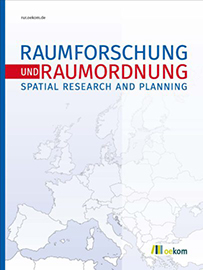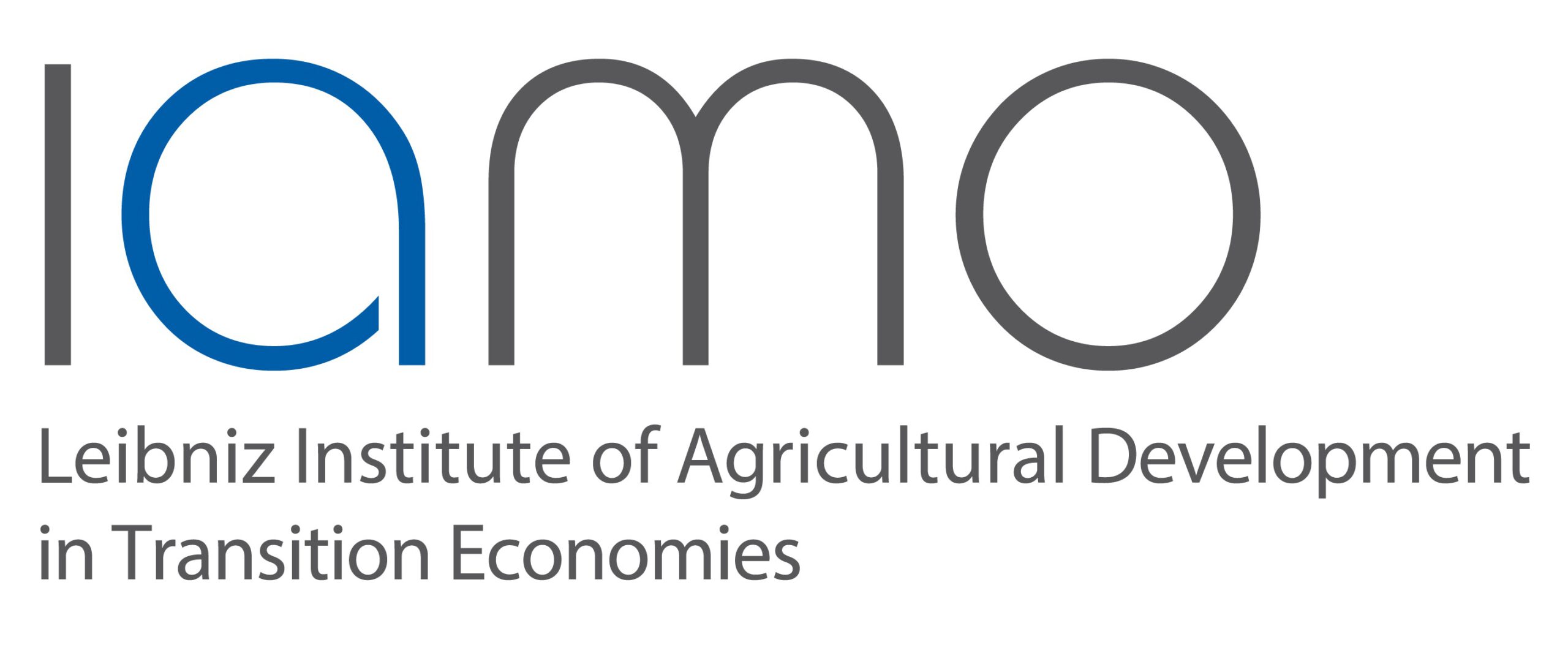Data and Policy Output
Register now: RWK 2025
Meeting of doctoral students and postdocs: Leibniz enRichment 2025
Leibniz R Journal
Raumforschung und Raumordnung | Spatial Research and Planning is a forum for topics and debates relevant to the field of spatial sciences. The interdisciplinary journal addresses issues of spatial development and planning. It focuses on urban and regional planning, demographic and urban spatial change, landscape development, environmental planning, sustainable development, adaptation to climate change, mobility, economic geography, regional governance and planning theories. The journal is published Open Access („golden“ road to OA) by oekom.

The Leibniz research network Spatial Knowledge for Society and Environment – Leibniz R is one of ten research networks in the Leibniz Association. The network partners analyse social, ecological and economic processes and interrelations in the spatial context.



